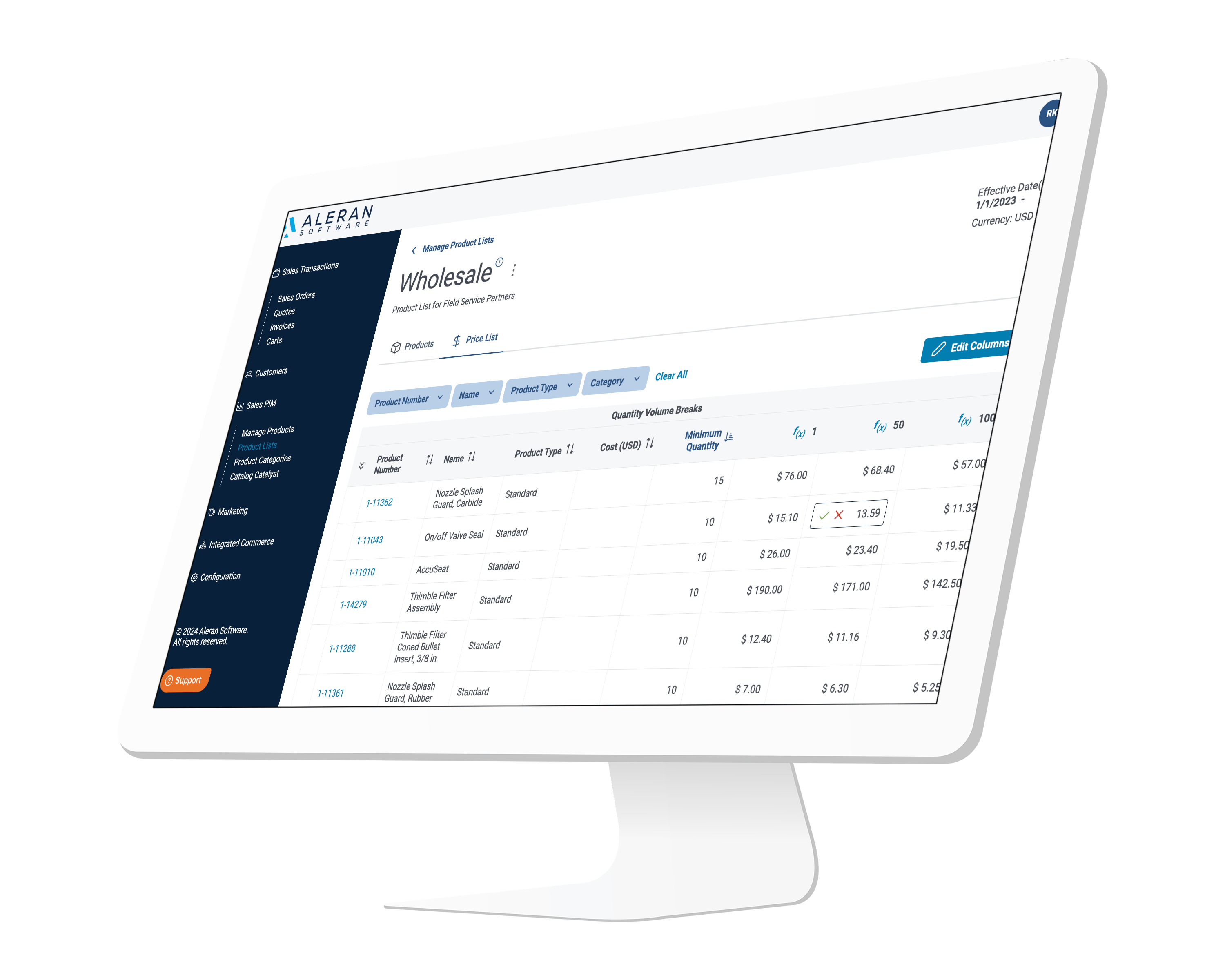From misusing data, to launching copycat products, to holding “monopoly power” over sellers — recent reports about Amazon are detailing the increasingly fraught relationship sellers are experiencing with the marketplace giant. Labeled “the gatekeeper of e-commerce,” with as much as 74% market share of online sales in the U.S., Amazon nevertheless appears to be generating a host of real and potential problems for many of its sellers.
Removing third-party sellers with no warning
For third-party sellers and intermediaries selling on Amazon, there runs a risk that brand owners will decide to restrict third parties from listing products on the site, leaving only the brand itself authorized to sell on the platform. This presents a number of issues for third-party sellers who, with little to no warning, may have to not only cease selling on Amazon, but pay to get their products out of Fulfillment by Amazon warehouses (FBA) and returned to them.
Undercutting “allowable” manufacturer price points
Amazon’s potential anti-competitive behavior is impacting manufacturers as well, as the company is currently under investigation for misusing third-party customer data to copy successful products and sell them at cheaper price points (Amazon has already developed 100,000+ private-label products), sometimes below what a manufacturer has deemed allowable.
Forcing fulfillment participation
Problems with Amazon’s logistics arm, Fulfillment by Amazon (FBA), are also raising issues for sellers. While Amazon takes a percentage of platform sales made by outside vendors, it also charges sellers for use of FBA warehousing, processing and shipping (about two-thirds of all sellers in the U.S. are participating in such fulfillment services). However, many Amazon sellers may feel they have no choice but to use FBA, since getting good search placement relies upon participation in the program.
Costly warehousing and incentives
Additionally, fees for FBA can be cost-prohibitive to many sellers, representing nearly one-third of the sale price of an item. Amazon has been known to offer lower warehousing fees in exchange for sellers reducing their sales price — a limited time offer that while helpful for moving inventory, may also significantly narrow already slim profit margins for sellers.
Alternative e-commerce and marketplace solutions
Amazon holds the promise of exposing products to millions of potential buyers, but sellers must be wary of the challenges that can result from conducting business in such a highly competitive sales environment. From risk to your inventory, to hidden fees, to disappearing margins, when you sell on Amazon the winner is usually… Amazon.
Marketplaces built for B2B e-commerce can offer distinct advantages over the Amazon model, especially for third-party sellers and manufacturers looking to reach customers by expanding their digital channel strategy. SaaS omnichannel sales platforms like Aleran allow you to quickly and cost-effectively create an online marketplace or e-commerce site for your customers — without the risk, cost and headache associated with selling on Amazon. Want to see what our omnichannel sales platform can do for your business? Request a demo today!
Follow Aleran on LinkedIn.




